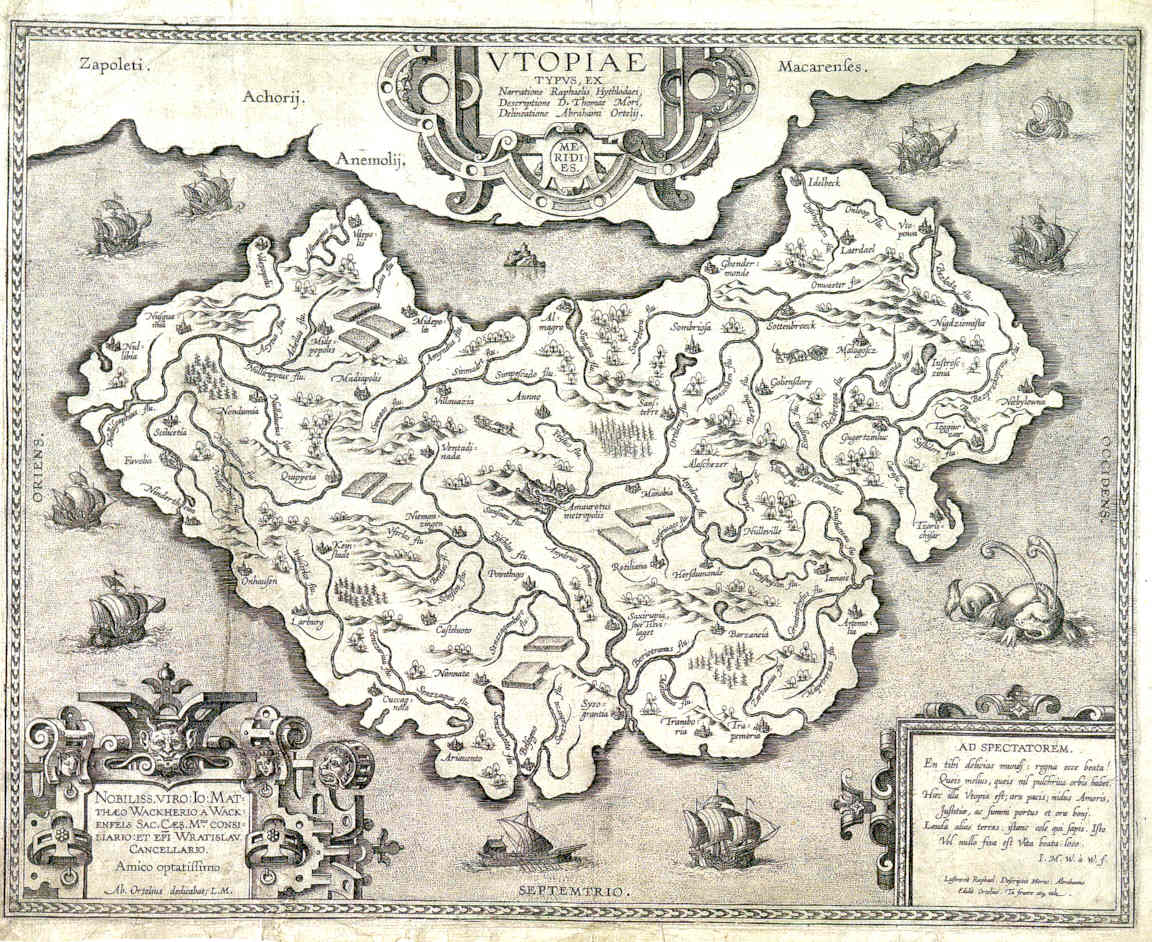Communism is known as another totalitarian ideology, but its roots lie in early Christianity with their idea of the second coming and establishing the eternal Kingdom of God.
After the discovery of the New World, the idea got a new life in the form of an imaginary island called Utopia with no private property, no locks on houses, identical clothing, and everyone having two slaves.
With the Industrial Revolution, communism appeared as a reaction to the visible inequality between workers and business owners. This inequality had existed for centuries, but before urbanization, it was not visible to the peasants.
As you can see, the famous ten points of marxism along with abolition of private property strongly suggest the centralization of power, which might contradict with some other communist concepts, such as disappearance of the State
- Abolition of property in land and application of all rents of land to public purposes.
- A heavy progressive or graduated income tax.
- Abolition of all right of inheritance.
- Confiscation of the property of all emigrants and rebels.
- Centralisation of credit in the hands of the State, by means of a national bank with State capital and an exclusive monopoly.
- Centralisation of the means of communication and transport in the hands of the State.
- Extension of factories and instruments of production owned by the State; the bringing into cultivation of waste-lands, and the improvement of the soil generally in accordance with a common plan.
- Equal liability of all to labour. Establishment of industrial armies, especially for agriculture.
- Combination of agriculture with manufacturing industries; gradual abolition of the distinction between town and country, by a more equable distribution of the population over the country.
- Free education for all children in public schools. Abolition of children’s factory labour in its present form. Combination of education with industrial production.
Another common feature of Communism and Utopia is opposition to urbanism. According to these ideas, people should not live in cities but in small agricultural communities, basically suburbs.
